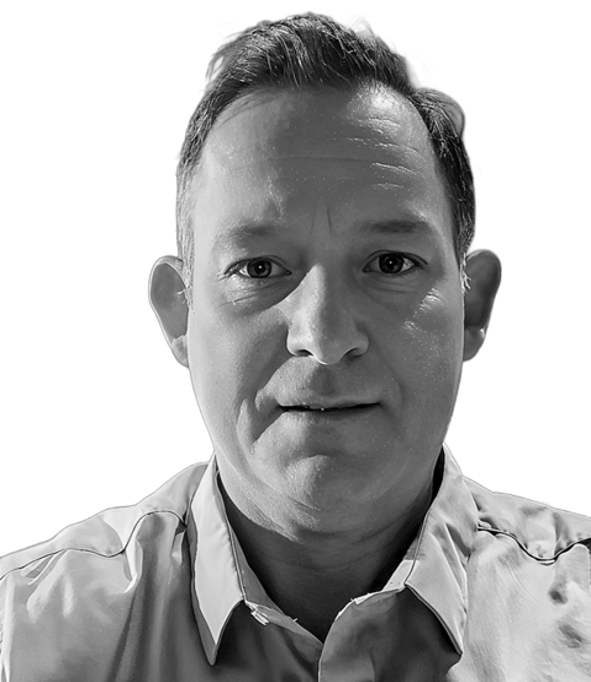
Richard Helyer, PhD
University of Bristol
Academic lead, platform application expert

Bristol, UK
At Bristol Biomedical Simulation, we are pioneers in the integration of human patient simulation technology into large-scale undergraduate education for bioscience and healthcare. Our innovative approach, described as the 'Bristol Method', not only enriches the learning experience but also bridges the gap between theoretical knowledge and practical application, preparing students for real-world challenges in science and medicine.
We are at the forefront of revolutionising education in the biosciences and healthcare. Our method of applying virtual-patient simulation technologies enables large-scale undergraduate education, providing students with realistic learning experiences for physiology, pathophysiology and whole-body drug action. Based on 20-years of experience at the University of Bristol, our simulations are meticulously designed using commercially available, model-driven simulators to explore key mechanisms that underly whole-body function and disease, enhancing the learning process and better preparing students for their future roles in science and medicine.
We upscaled our approach from small groups gathered around a manikin to large-class virtual-patient experiences, a 25-fold efficiency increase without compromising learner satisfaction and outcomes.





We are always interested in talking with potential partners in education and industry. Get in touch.


Co-lead at large, developer and instructor
